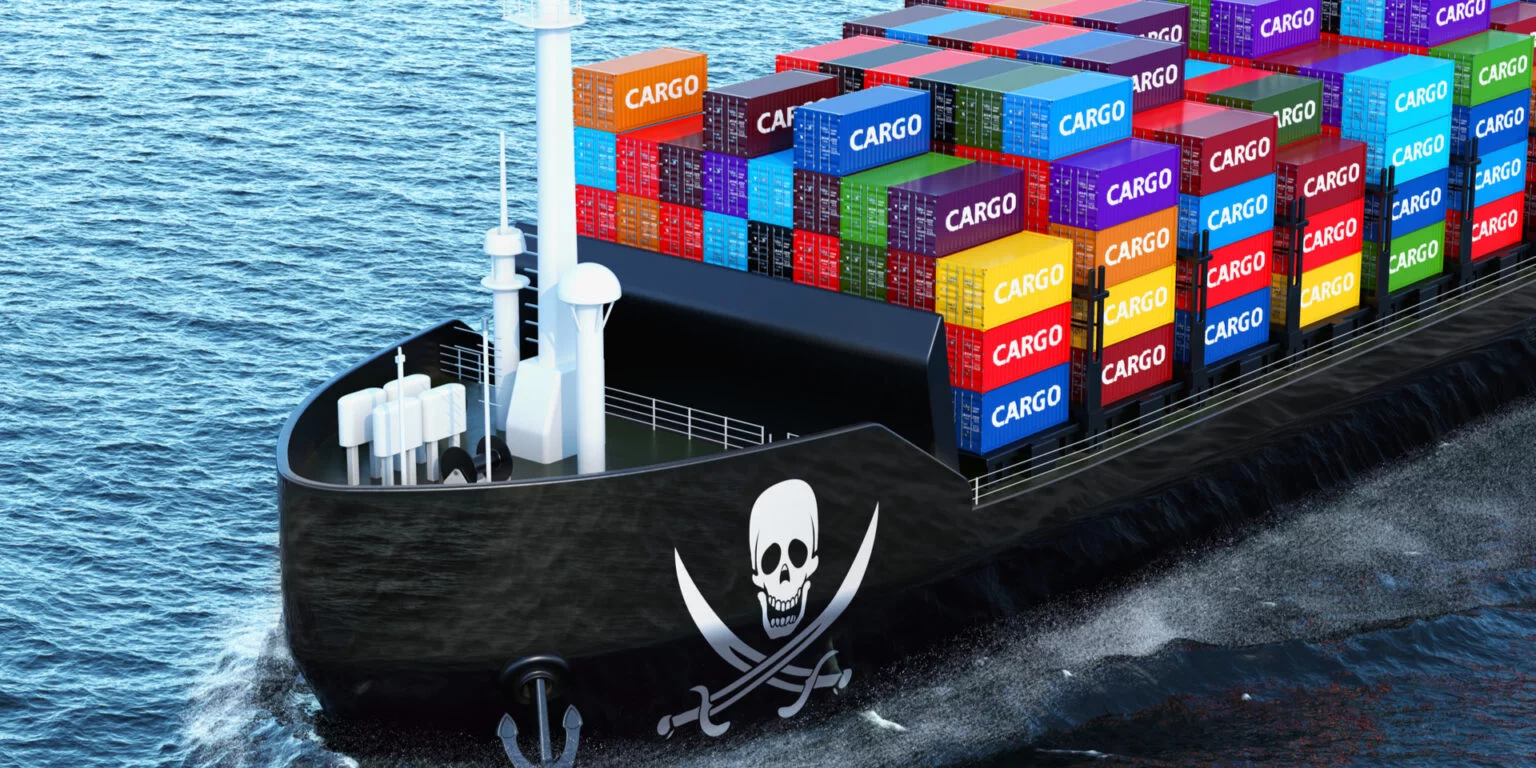Understanding Illegal International Shipments
Illegal international shipments refer to the transportation of contraband or illicit goods across international borders without proper authorization or compliance with legal regulations. These shipments can include drugs, weapons, counterfeit products, endangered wildlife, and other illegal items. The perpetrators often employ various methods to disguise the shipments, making it challenging for authorities to detect and intercept them.
Illegal exports? While the clients of S Massie Consulting LLC are actively trying to avoid violations by implementing an Export Compliance Program, there are companies at the opposite end of the spectrum that are actively conspiring to evade sanctions and compliance regulations to smuggle goods around the globe. The New York Times just released a Visual Investigations project showing how they tracked one of the ways that oil is being illegally delivered to North Korea, despite some of the strongest sanctions in history.
The U.S. government and other governments around the world actively investigate violations each year to protect national security, homeland security, foreign policy, and economic interests. Some violations are more complex than others. In the case that The New York Times investigated, it has been shown to be extremely complicated and difficult to unravel… but not impossible. When a company willfully violates regulations, the consequences are much higher.
The Consequences of Illegal Shipments
Illegal international shipments pose significant threats to global security, public health, and the economy. They fuel organized crime, contribute to drug trafficking networks, fund terrorist activities, and undermine legitimate businesses. The consequences of these shipments can range from loss of lives to economic instability, and they have adverse effects on society as a whole.
When a company accidentally violates U.S. regulations, there are typically administrative penalties such as monetary fines that can reach up to $300,000 per violation or twice the value of the transaction, whichever is greater. When assessing the implementation of penalties, the government looks at mitigating factors such as if a company has an Export Compliance Program in place that is actively followed, as well as if the company discovered the violation and submitted a Voluntary Self-Disclosure (VSD). However, when it is a willful violation and the company is purposefully trying to evade regulations, as in the case investigated by The New York Times, then it is elevated to a criminal violation, which could involve up to 20 years of imprisonment and up to $1 million in fines per violation (and many cases involve multiple violations).
Challenges in Tracking Illegal Shipments
Tracking illegal international shipments presents several challenges due to the covert nature of the operations and the complexity of global trade networks. Some of the key challenges include:
Sophisticated Smuggling Techniques
Criminal organizations continuously innovate their smuggling methods, employing advanced technologies and concealment techniques to bypass security measures.
Vast Volume of Shipments
The sheer volume of international trade makes it difficult to scrutinize every package effectively, creating opportunities for illicit shipments to go undetected.
Limited Resources
Law enforcement agencies often face resource constraints, including manpower and technological capabilities, which hinder their ability to effectively track and intercept illegal shipments.
Cross-Border Jurisdiction
Jurisdictional issues between countries can complicate investigations and coordination, making it harder to track shipments across multiple borders.
There are offices dedicated to discovering and investigating export violations, including crossing international borders to continue investigations in foreign ports.
To avoid violations, make sure that your company has written programs in place, and your employees understand the importance of following the export compliance rules and regulations set forth by the U.S. government.
S Massie Consulting LLC can help you develop and implement your own Export Compliance Program, including training for your staff, to make sure this doesn’t happen to you.
Technological Solutions for Tracking
Advancements in technology have played a vital role in enhancing the ability to track and combat illegal international shipments. Here are some key technologies employed in this domain:
Blockchain Technology
Blockchain technology offers secure and transparent tracking capabilities. By creating an immutable record of transactions, it ensures that the supply chain remains tamper-proof and provides a trusted source of information regarding the origin, movement, and ownership of goods.
Internet of Things (IoT)
The IoT enables the use of interconnected devices and sensors to monitor shipments in real-time. IoT devices can collect data on location, temperature, humidity, and other relevant parameters, allowing authorities to track and detect anomalies in the shipping process.
Artificial Intelligence (AI) and Machine Learning (ML)
AI and ML algorithms can analyze vast amounts of data to identify patterns and anomalies associated with illegal shipments. These technologies can assist in detecting suspicious activities, predicting smuggling routes, and enhancing the overall efficiency of tracking operations
Data Analytics and Predictive Modeling
By leveraging data analytics and predictive modeling techniques, authorities can gain valuable insights into smuggling patterns, identify high-risk areas and individuals, and allocate resources more effectively for tracking and interception operations.
International Cooperation and Information Sharing
Combating illegal international shipments requires international cooperation and information sharing among countries. Establishing robust communication channels, sharing intelligence, and coordinating joint operations can significantly enhance the effectiveness of tracking and intercepting illicit shipments.
Strengthening Legal Frameworks
Governments must continually review and strengthen their legal frameworks to address the evolving nature of illegal shipments. This includes enacting stringent laws, imposing severe penalties, and establishing international agreements to facilitate cooperation in prosecuting offenders.
Training and Capacity Building
Investing in training programs and capacity-building initiatives for law enforcement personnel is crucial for enhancing their knowledge and skills in tracking and intercepting illegal shipments. Specialized training on advanced technologies, intelligence analysis, and investigative techniques can significantly improve their effectiveness.
FAQs
How does blockchain technology help track illegal shipments?
Blockchain technology creates a transparent and tamper-proof record of transactions, ensuring the integrity of the supply chain and providing traceability for goods, thereby aiding in tracking illegal shipments.
Can AI and ML algorithms predict smuggling routes?
Yes, AI and ML algorithms can analyze historical data to identify patterns and predict potential smuggling routes, assisting authorities in proactive interception efforts.
How does international cooperation play a role in tracking illegal shipments?
International cooperation facilitates information sharing, joint operations, and coordinated efforts among countries, enabling better tracking and interception of illegal shipments across borders.
What are the consequences of illegal international shipments?
Illegal international shipments contribute to organized crime, drug trafficking, terrorism financing, economic instability, and public health risks, posing significant threats to society and global security.
How can training and capacity building benefit law enforcement personnel?
Training and capacity building enhance the knowledge and skills of law enforcement personnel, enabling them to better understand advanced technologies, analyze intelligence, and effectively track and intercept illegal shipments.
Contact us to schedule a consultation or compliance review.






